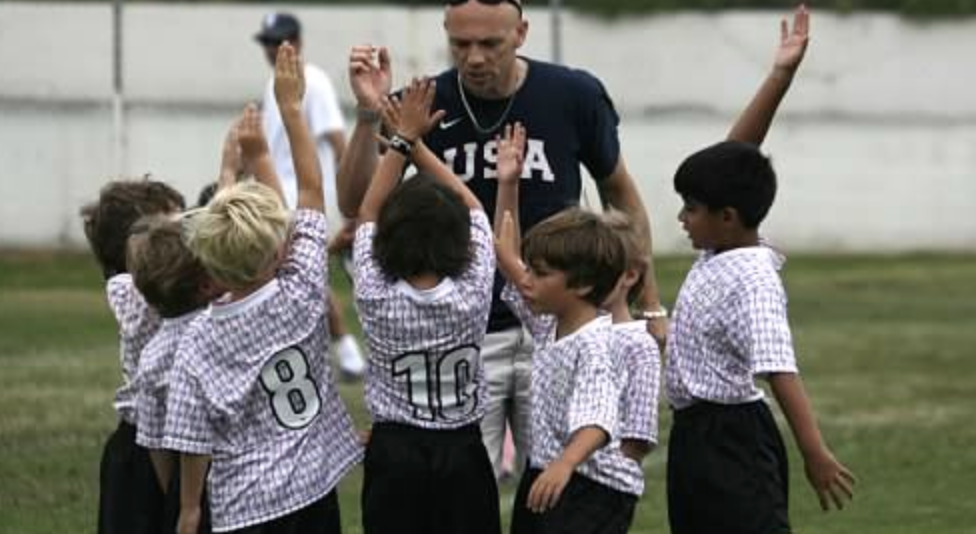Legendary NFL Coach Tom Landry once said, “Leadership is a matter of having people look at you and gain confidence…if you’re in control, they’re in control.” I agree. And sometimes that applies not only to your players, but also to “coaching” your team’s parents.

Most parents I’ve worked with over my years of coaching have the best of intentions when it comes to their children and their involvement in sports. Unfortunately, even good parents can sometimes behave in a manner that’s detrimental to the environment they’re trying to cultivate. Habits such as bleacher coaching, yelling or berating the players, criticizing, helicopter parenting or even just not showing up to your kid’s game, can all have a negative effect that can last long after the players have left the field.
There are ways, however, to coach a parent on how to tamp down bad behavior, be supportive and help to create an environment for their kids and remain a positive influence throughout the entire season. How do you go about this? Here are my four top tips:
- Get by-in at the first meeting. It takes a village. Don’t ignore the parents, instead make them in to a powerful ally for you and for the team. Parents can sense disorganization and can act badly absent any parameters or trust in the fact that somebody’s in charge. Explain your goals and policies and get them on board at the outset.
- Explain the program and expectations. Who are you? Why are we here? What’s your coaching philosophy? What do we focus on? What do we not focus on? Being clear about your strategy and goals will set up a sharp framework for parents to help them understand what youth sports are really all about, and you can do this in a very positive way that stresses one team, one approach and one mindset for the season.
- Outline their role. Try to keep parents being parents. They’re not coaches, they’re not the officials and they’re not the kids. Let the coaches coach, leave the officials alone, support the kids and the team environment and encourage them to police themselves so everyone else can do their jobs. You’ll likely need to remind them of this by encouraging them to set the tone in the pregame, during the game and after the game. You need them to help bring out the best in their child and their relationship will be better for it.
- Check in and Recommit at Midseason. Half way through bad habits can creep back in. Checking in to getting everyone back on the same page and headed the right direction is a prime opportunity to reconnect with them and remind them and even thank them, of their roles and responsibilities.
Great parents combined with clearly communicated expectations lead to amazing results.
To explore these concepts and more, check out my book, the Village Chief, now available on Amazon.com, available at the links below.

